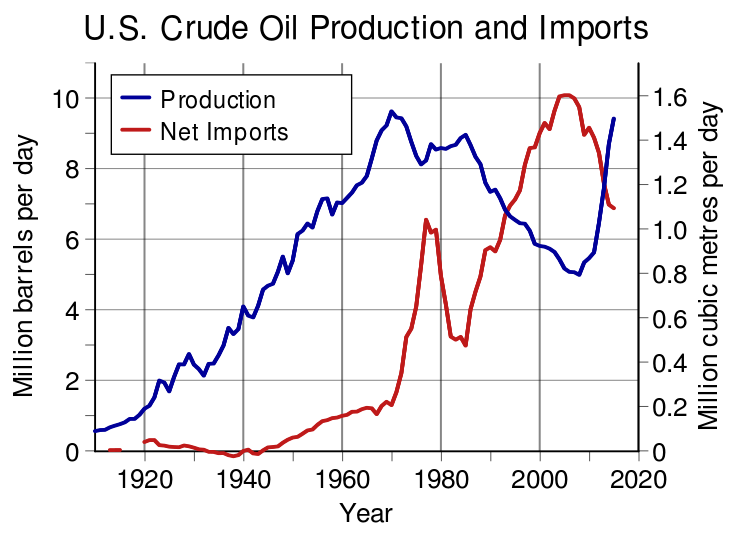Experts haven’t typically worried about people with large student loan balances. That’s because those who take out large loans, above $50,000, generally do it to finance graduate school. After they become lawyers or doctors, they earn high salaries and pay the loans off. Only 4 percent of them went into default in 2009. (Students without large balances have a default rate that is more than four times higher.)
But in recent years, there’s been an alarming surge in the number of students taking out big loans to finance their educations, with 17 percent of borrowers leaving school with more than $50,000 of federal student loan debt in 2014, up from 2 percent in 1990 and 5 percent in 2000. (The $50,000 is adjusted for inflation in constant 2014 dollars.)
With this growth, scholars are identifying new types of big borrowers who are running into trouble: lower-income adults and parents.
“There are lot of people who’ve gone to take out large graduate loans, or their parents have taken out large federal loans, and they are struggling to repay,” said
Adam Looney, an economist at the Brookings Institution and a former Treasury Department official. “A lot of these students have taken on totally unmanageable levels of student debt.”
Default rates on big loans aren’t surging. People with big loans don’t necessarily go into default when they’re struggling to make payments. Instead, they often arrange to defer or stop payments temporarily or negotiate a new payment plan that’s based on a percentage of their income. But interest is continuing to accrue on these loans, which means their debts are growing.
Looney and his co-author
Constantine Yannelis at the University of Chicago calculated that more big borrowers (owing more than $50,000) are falling behind on their payments than making progress in reducing their debts. Beginning in 2010, large-balance borrowers owed more in student debt than they did when they first left school.
Looney’s and Yannelis’s calculations were published in the current August 2019 issue of the journal, Economics of Education Review, in their paper, “
How useful are default rates? Borrowers with large balances and student loan repayment.”
“It used to be that you were paying or you were in default, but now it’s not true,” said Looney.
One reason for struggling big borrowers is that their unemployment rates are rising. Back in 2000, 12 percent of people with over $50,000 in student debt were unemployed. In 2015, that unemployment rate had grown to 15 percent.
Looney found that more older adults are taking out bigger loans. Undergraduate students are capped at $31,000 in federal loans if the students are still claimed as dependents on their parents’ tax returns but independent students can take out as much as $57,500 for their associate or bachelor’s degrees. Many of these older adults are clustered among the lower end of the boom in large loans. In 2014, almost third of borrowers with large debts had taken out their loans to finance their undergraduate education. Back in 2000, undergraduate debt alone accounted for less than a fifth of big borrowers.
Related:
Some experts have a new idea to help students afford college: more federal loans
Big loans to finance degrees at for-profit colleges have been sharply rising, in part because for-profit schools were building graduate programs. Back in 2000, only 2 percent of large loans were used for for-profit programs. In 2014, that had jumped to 11 percent.
Parent borrowing is also responsible for the surge. Back in 2000 only 6 percent of borrowers with big loans were parents who had taken the loans out to help finance their children’s education. In 2014, federal Parent PLUS loans had increased to account for 10 percent of big borrowers.
With larger debts, it takes fewer people to add up to a worrisome amount of dollars.
Roughly 5 million Americans owe more than $50,000 each. But they’re responsible for the majority of the nation’s student loan debt. If you ranked everyone with student debt by low large their student loans are, the top 20 percent of borrowers are responsible more than 60 percent of total student debt dollars.
And if you looked at the very biggest student borrowers in the nation, just those who’ve taken out more than $250,000 in loans, they would number 170,000 people. Collectively they owe $54 billion or 5 percent of the entire federal student loan portfolio.
“It’s very concentrated,” said Looney.
Looney says that ultimately taxpayers will absorb the cost of these unpaid loans. He recommends that the federal government should cap the loan amount that graduate students and parents can borrow from the federal government. Currently, graduate students and parents can take out unlimited amounts of student debt up to the cost of attendance, including living expenses.
“Historically it’s mostly been high-income parents sending their kids to expensive schools who were able to repay the loans with interest,” said Looney. “But increasingly, it’s shifted. A lot of the borrowers are now low-income,” said Looney.
And that makes their student loans more vulnerable to repayment problems.




